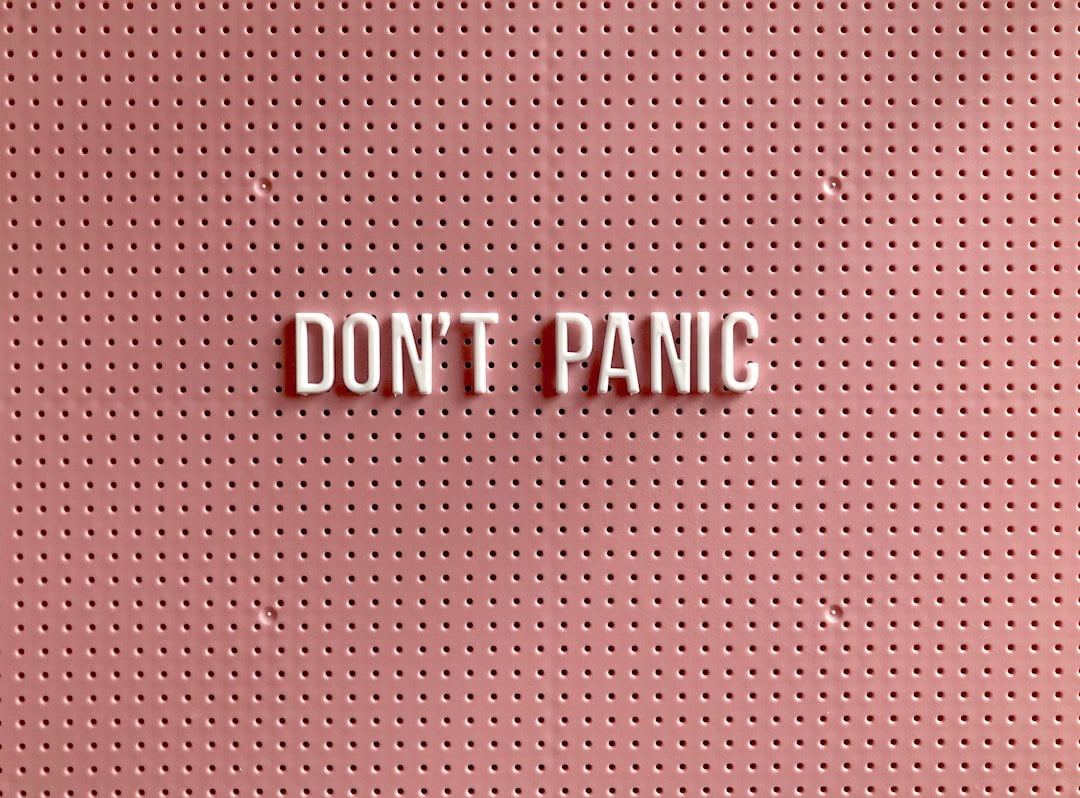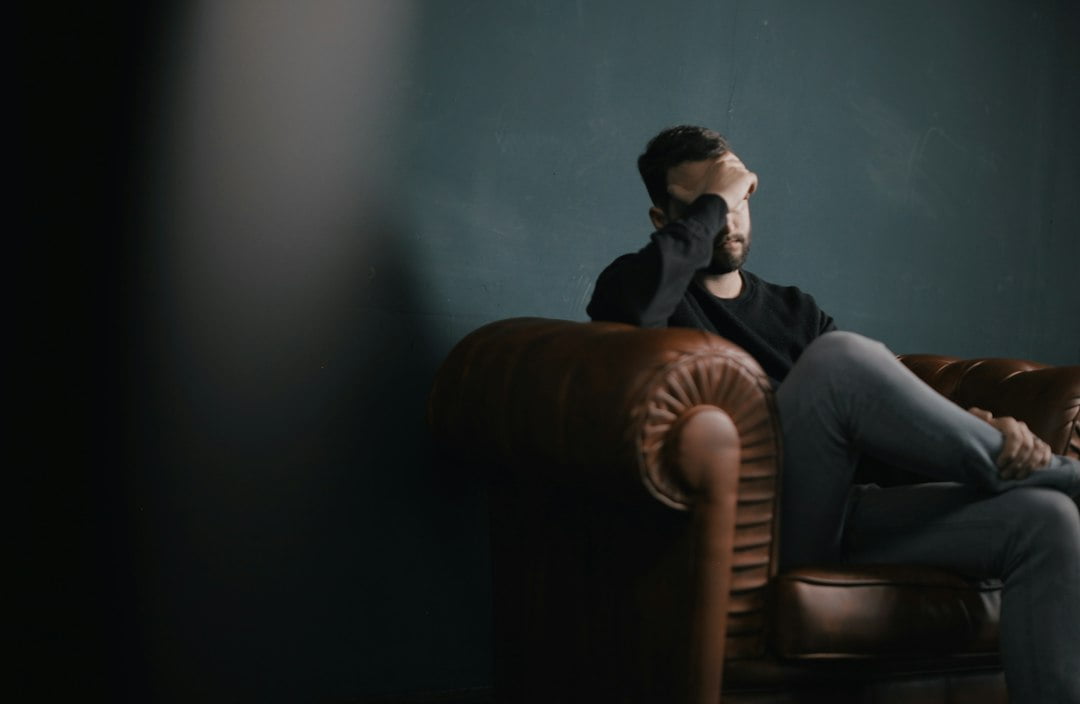
Coping mechanisms for dealing with anxiety and panic attacks
Anxiety and panic attacks are common mental health issues that affect millions of people worldwide. Anxiety is a feeling of unease, such as worry or fear, that can be mild or severe. Panic attacks, on the other hand, are sudden episodes of intense fear or discomfort that can cause physical symptoms such as a racing heart, shortness of breath, and dizziness. These conditions can significantly impact a person’s daily life and overall well-being.
Addressing mental health issues is crucial because they can have a profound impact on a person’s quality of life. Mental health is just as important as physical health, and neglecting it can lead to various negative consequences. By understanding and addressing mental health issues, individuals can improve their overall well-being and lead happier, more fulfilling lives.
Key Takeaways
- Anxiety and panic attacks are common mental health issues that can be debilitating.
- Mental health is important and should be taken seriously.
- Symptoms of anxiety and panic attacks include physical and emotional symptoms.
- Seeking professional help is important for managing mental health issues.
- Coping mechanisms such as mindfulness, exercise, and building a support system can help manage anxiety and panic attacks.
Understanding Mental Health and Its Importance
Mental health refers to a person’s emotional, psychological, and social well-being. It affects how people think, feel, and act. Mental health is essential for overall well-being because it influences how individuals handle stress, make decisions, and form relationships. It also affects their ability to cope with challenges and navigate through life.
Unfortunately, there is still a significant stigma surrounding mental health issues. Many people hesitate to seek help due to fear of judgment or discrimination. This stigma prevents individuals from getting the support they need and can exacerbate their mental health issues. It is crucial to break down these barriers and promote open conversations about mental health to ensure that everyone has access to the care they need.
Recognizing the Symptoms of Anxiety and Panic Attacks
Recognizing the symptoms of anxiety and panic attacks is essential for early intervention and effective treatment. Common symptoms of anxiety include excessive worrying, restlessness, irritability, difficulty concentrating, and sleep disturbances. Panic attacks often involve intense fear or discomfort, along with physical symptoms such as a rapid heartbeat, sweating, trembling, and a sense of impending doom.
It is important to note that symptoms can manifest differently in individuals. Some people may experience more physical symptoms, while others may have predominantly emotional symptoms. Recognizing these symptoms can help individuals seek help and support before their condition worsens.
Seeking Professional Help for Mental Health Issues
Seeking professional help is crucial for individuals struggling with mental health issues. Mental health professionals, such as psychiatrists, psychologists, and therapists, are trained to diagnose and treat various mental health conditions. They can provide therapy, prescribe medication if necessary, and offer guidance and support.
Finding a mental health professional can be done through various channels. Individuals can ask their primary care physician for a referral, reach out to their insurance provider for a list of covered providers, or search online directories. It is important to find a professional who specializes in the specific mental health issue being addressed and who makes the individual feel comfortable and understood.
Developing Coping Mechanisms for Anxiety and Panic Attacks
Developing coping mechanisms is crucial for managing anxiety and panic attacks. Coping mechanisms are strategies or techniques that individuals use to deal with stress and difficult emotions. They can help individuals regain control over their thoughts and emotions and reduce the impact of anxiety and panic attacks on their daily lives.
There are various coping mechanisms that can be effective for anxiety and panic attacks. Deep breathing exercises, progressive muscle relaxation, and grounding techniques can help individuals calm their minds and bodies during moments of heightened anxiety. Engaging in activities that bring joy or relaxation, such as hobbies or spending time in nature, can also be beneficial. It is important for individuals to identify which coping mechanisms work best for them through trial and error.
Practicing Mindfulness and Meditation for Mental Health

Mindfulness and meditation are practices that involve focusing one’s attention on the present moment without judgment. These practices have been shown to have numerous benefits for mental health. They can help individuals reduce stress, improve focus and concentration, and increase self-awareness.
Incorporating mindfulness and meditation into one’s daily routine can be done in various ways. It can involve setting aside a few minutes each day to sit quietly and focus on the breath or engaging in guided meditation exercises through apps or online resources. Practicing mindfulness throughout the day by paying attention to one’s thoughts, emotions, and sensations can also be beneficial.
Incorporating Exercise and Physical Activity into Your Routine
Exercise and physical activity have been shown to have significant benefits for mental health. Regular exercise can help reduce symptoms of anxiety and depression, improve mood, boost self-esteem, and increase overall well-being. Engaging in physical activity also releases endorphins, which are natural mood-boosting chemicals in the brain.
There are various types of exercise and physical activity that can benefit mental health. Aerobic exercises such as running, swimming, or cycling can help reduce anxiety and improve mood. Strength training exercises can also be beneficial for boosting self-esteem and improving body image. Engaging in activities that bring joy, such as dancing or playing a sport, can also have positive effects on mental health.
Maintaining a Healthy Diet and Lifestyle for Mental Health
Maintaining a healthy diet and lifestyle is crucial for mental health. Certain foods and nutrients have been shown to have positive effects on brain function and mood. A diet rich in fruits, vegetables, whole grains, lean proteins, and healthy fats can provide the necessary nutrients for optimal brain health.
In addition to a healthy diet, getting enough sleep, managing stress levels, and avoiding excessive alcohol or drug use are important for maintaining good mental health. Engaging in activities that promote relaxation and self-care, such as taking baths or practicing hobbies, can also contribute to overall well-being.
Building a Support System for Coping with Anxiety and Panic Attacks
Building a support system is crucial for coping with anxiety and panic attacks. A support system can provide individuals with emotional support, understanding, and encouragement during difficult times. It can consist of friends, family members, support groups, or mental health professionals.
It is important to communicate openly with the people in one’s support system and let them know about one’s struggles and needs. Building a support system may involve reaching out to trusted individuals, joining support groups or therapy groups, or seeking professional help. Having a strong support system can make a significant difference in managing anxiety and panic attacks.
Taking Control of Your Mental Health and Well-being
In conclusion, addressing mental health issues such as anxiety and panic attacks is crucial for overall well-being. By recognizing the symptoms, seeking professional help, developing coping mechanisms, practicing mindfulness and meditation, incorporating exercise and physical activity, maintaining a healthy diet and lifestyle, and building a support system, individuals can take control of their mental health and improve their quality of life.
It is important to remember that everyone’s journey to mental health is unique, and what works for one person may not work for another. It may take time and experimentation to find the right combination of strategies that work best for each individual. However, by prioritizing mental health and seeking help when needed, individuals can lead happier, healthier lives.
If you or someone you know is struggling with anxiety or panic attacks, it is important to seek help from a mental health professional. They can provide the necessary support and guidance to manage these conditions effectively. Remember that you are not alone, and there are resources available to help you on your journey to better mental health.
If you’re looking for effective coping mechanisms to deal with anxiety and panic attacks, you might find this article from Wave Magnets helpful. They provide valuable insights and practical tips on managing these overwhelming emotions. From deep breathing exercises to mindfulness techniques, this article offers a comprehensive guide to finding relief and regaining control. Check out their website at https://wavemagnets.com/ for more information.
FAQs
What is anxiety?
Anxiety is a feeling of unease, such as worry or fear, that can be mild or severe. It is a normal human emotion that everyone experiences at times.
What is a panic attack?
A panic attack is a sudden episode of intense fear or discomfort that reaches a peak within minutes and includes symptoms such as sweating, trembling, shortness of breath, and a feeling of impending doom.
What are coping mechanisms?
Coping mechanisms are strategies or techniques that individuals use to manage stress, anxiety, or other difficult emotions.
What are some coping mechanisms for dealing with anxiety and panic attacks?
Some coping mechanisms for dealing with anxiety and panic attacks include deep breathing exercises, mindfulness meditation, progressive muscle relaxation, cognitive-behavioral therapy, and medication.
How can deep breathing exercises help with anxiety and panic attacks?
Deep breathing exercises can help reduce anxiety and panic attacks by slowing down the heart rate, lowering blood pressure, and promoting relaxation.
What is mindfulness meditation?
Mindfulness meditation is a practice that involves focusing on the present moment and accepting one’s thoughts and feelings without judgment.
What is progressive muscle relaxation?
Progressive muscle relaxation is a technique that involves tensing and relaxing different muscle groups in the body to promote relaxation and reduce muscle tension.
What is cognitive-behavioral therapy?
Cognitive-behavioral therapy is a type of talk therapy that focuses on changing negative thought patterns and behaviors that contribute to anxiety and panic attacks.
When should I seek professional help for my anxiety and panic attacks?
You should seek professional help for your anxiety and panic attacks if they are interfering with your daily life, causing significant distress, or if you are experiencing suicidal thoughts.


















